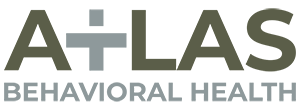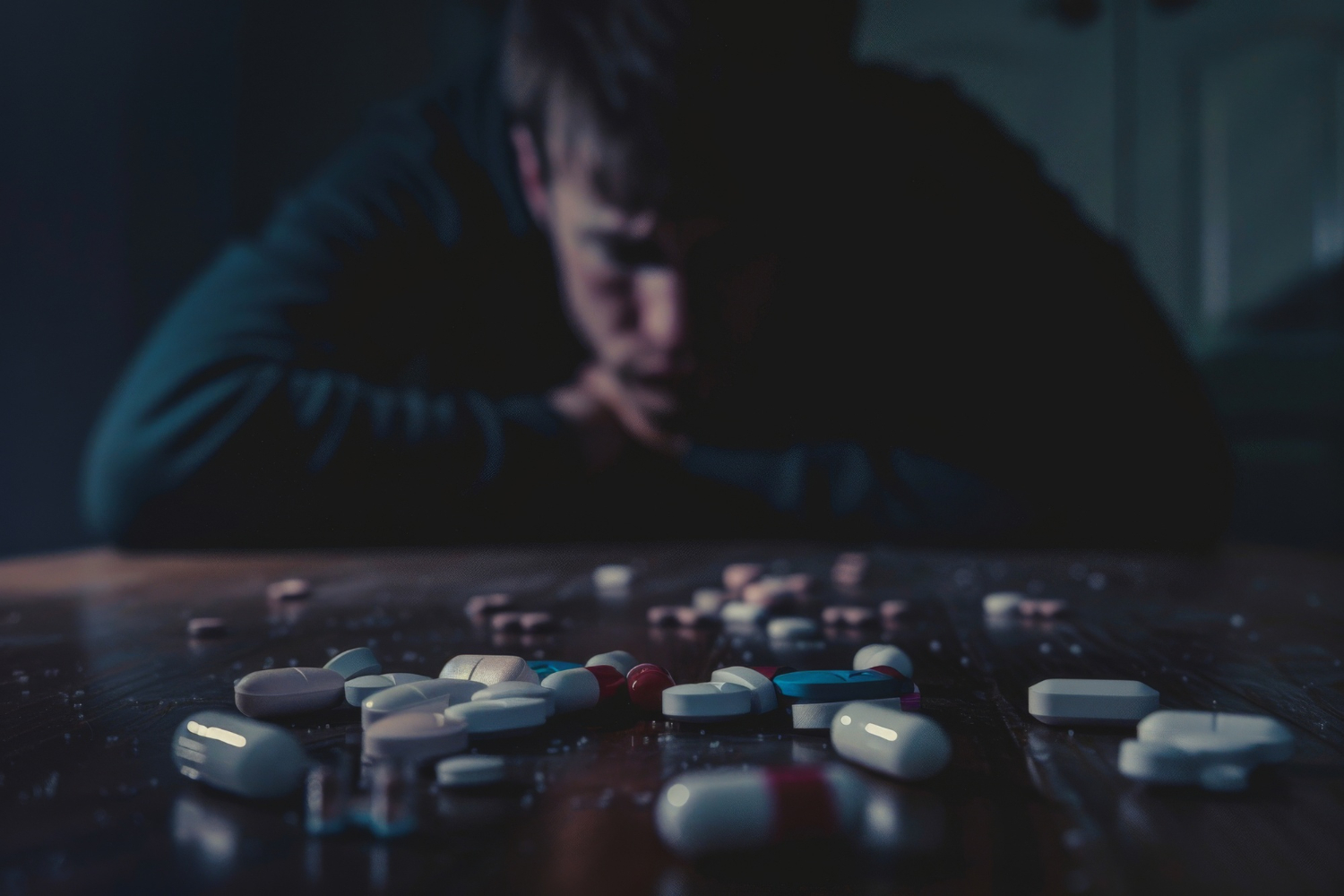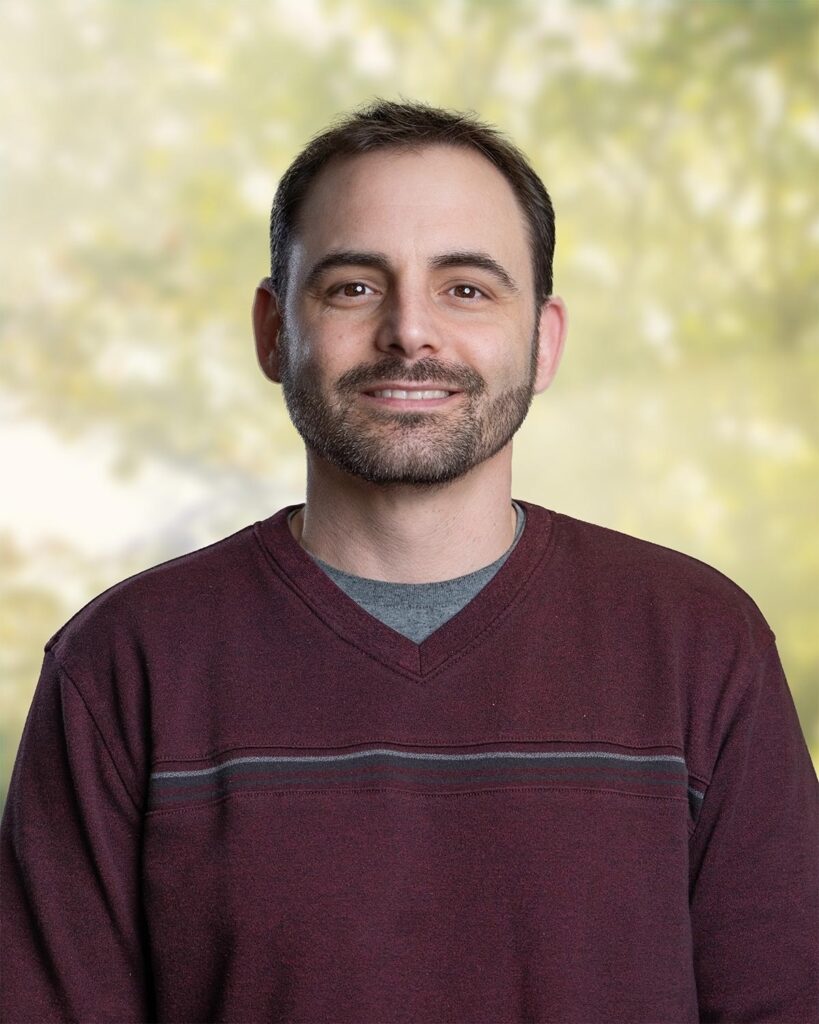Living with both depression and alcohol use can feel like being caught in a storm that never clears. The more someone turns to alcohol for relief, the deeper depression may become. At the same time, low mood, hopelessness, or anxiety can drive drinking further.
Breaking out of this cycle is possible, but it requires the right kind of care, treatment that addresses both conditions together. This combination is often called a dual diagnosis, and healing means looking at the whole picture: mind, body, and emotions.
The Importance of Depression & Alcohol Combined Treatment
Depression and alcohol use don’t just happen side by side, they often feed into each other. Alcohol may seem like it numbs sadness, but it can worsen brain chemistry over time, deepening depression and lowering motivation. On the other side, untreated depression can push someone to drink more heavily, hoping for relief that never lasts.
Trying to treat only one piece of the puzzle rarely works. Sobriety without addressing depression may leave a person vulnerable to relapse. Similarly, managing mood without tackling alcohol use doesn’t address the behaviors that keep fueling the cycle. That’s why integrated treatment, like the dual diagnosis programs we offer at Atlas Behavioral Health, is so important.
10 Effective Treatment Options for Co-Occurring Depression & Alcohol Use
1. Medical Detox & Stabilization
The first step in recovery is often detox, where the body clears alcohol safely under medical supervision. Withdrawal can be physically and emotionally difficult, and having trained professionals manage symptoms makes the process safer and less overwhelming. Once stabilized, clients can focus more fully on therapeutic work.
2. Inpatient & Residential Dual Diagnosis Care
For some, the structure of inpatient or residential treatment provides the most effective environment. Living at the facility means 24/7 support, daily therapy, and the chance to step away from triggers at home. At Atlas Behavioral Health, inpatient care is trauma-informed, ensuring that clients feel safe while exploring the deeper causes of their struggles.
3. Partial Hospitalization Program (PHP)
A PHP offers intensive care during the day while allowing clients to return home in the evenings. This balance is especially helpful for people transitioning from inpatient care or those needing a high level of support without full residential treatment. Clients receive daily group and individual therapy, medical oversight, and skill-building sessions.
4. Intensive Outpatient (IOP) & Outpatient Programs
Outpatient care provides flexibility while still offering strong support. An IOP may include several therapy sessions each week, focusing on relapse prevention, coping skills, and emotional regulation. Standard outpatient care may taper down as clients gain stability, but both allow individuals to continue working, studying, or caring for family while receiving treatment.
5. Cognitive Behavioral Therapy (CBT)
CBT helps individuals challenge and reframe the negative thought patterns that drive both depression and alcohol use. By learning to identify distorted thinking, clients gain practical strategies to manage cravings and improve mood. At Atlas, we offer CBT designed to each client’s experience.
6. Dialectical Behavior Therapy (DBT)
For people who struggle with intense emotions, DBT can be life-changing. This therapy emphasizes mindfulness, distress tolerance, and healthier ways to respond to triggers. It’s especially useful when depression and alcohol use are connected to difficulties in managing mood or impulses.
7. EMDR & Trauma-Informed Therapies
Many people with depression and alcohol use also carry unresolved trauma. Eye Movement Desensitization and Reprocessing (EMDR) helps process those painful memories so they no longer provoke current behaviors. At Atlas, our professionals integrate trauma-informed care into all levels of treatment, creating a supportive space for healing.
8. Medication-Assisted Treatment (MAT) & Medication Management
Medications can be an important part of recovery. Antidepressants may help regulate mood, while options like naltrexone or acamprosate reduce alcohol cravings. At Atlas, medical staff carefully evaluate each client to design a safe, personalized medication plan that supports long-term stability.
9. Holistic & Experiential Therapies
Recovery is about more than talk therapy. Creative and body-centered approaches, such as art therapy, music therapy, or mindfulness practices, help clients reconnect with themselves in new ways. These methods can reduce stress, build confidence, and support emotional healing alongside traditional therapies.
10. Ongoing Aftercare & Relapse Prevention
Recovery doesn’t end when a program does. Relapse prevention planning, alumni support groups, and ongoing therapy sessions help maintain progress. At Atlas, we place a strong emphasis on aftercare, ensuring clients leave with strategies, resources, and community connections to support long-term wellness.
Redefining Recovery in Your Own Words
Recovery is more than stopping alcohol use or easing depression, it’s about building a life that feels meaningful again. For some, that means healing relationships. For others, it’s finding joy in everyday moments or simply feeling at peace within themselves. At Atlas, we help you define recovery on your own terms and support you in creating a future that feels worth living.
How Atlas Behavioral Health Supports Dual Diagnosis Recovery
At Atlas Behavioral Health, treatment is built around the understanding that mental health comes first. Programs are designed for people facing depression, anxiety, trauma, and other conditions, with specialized support for substance use recovery.
Our services include:
- Levels of care: PHP, IOP, and OP tailored to client needs
- Evidence-based therapies: CBT, DBT, EMDR, and trauma-informed care
- Medication management and holistic therapies for a balanced approach
- A compassionate team committed to personalized treatment
Conclusion
Recovering from depression and alcohol use takes courage, but the right treatment makes healing possible. With evidence-based therapies, compassionate care, and a focus on treating both conditions together, Atlas Behavioral Health provides the support you need to build a healthier future.
If you’re ready to take the first step, contact Atlas Behavioral Health in Peachtree Corners today for a free consultation. You don’t have to carry this alone, healing starts here.
FAQ
What is dual diagnosis treatment?
Dual diagnosis treatment addresses both a mental health condition and a substance use disorder at the same time, ensuring neither is left untreated.
Can you recover from depression and alcohol use simultaneously?
Yes. Integrated care is designed to help people heal from both conditions together, which increases the chances of lasting recovery.
How long do treatment programs usually last?
It depends on the level of care. Some programs last a few weeks, while others may extend for several months, depending on individual needs.
Do medications help with dual diagnosis?
For many people, yes. Antidepressants or anti-craving medications can support stability when carefully managed by medical professionals.
Why is integrated care more effective?
Because depression and alcohol use influence each other, treating them together ensures one condition doesn’t fuel the other.






